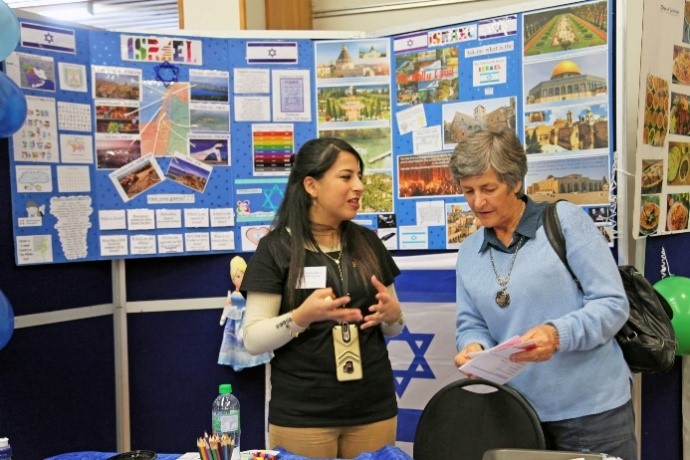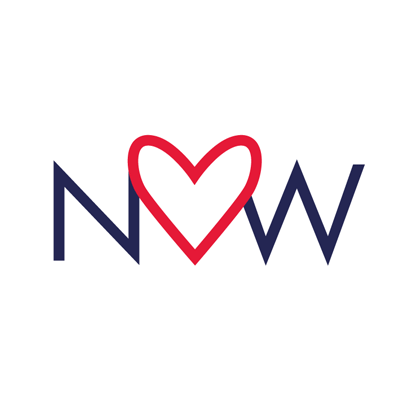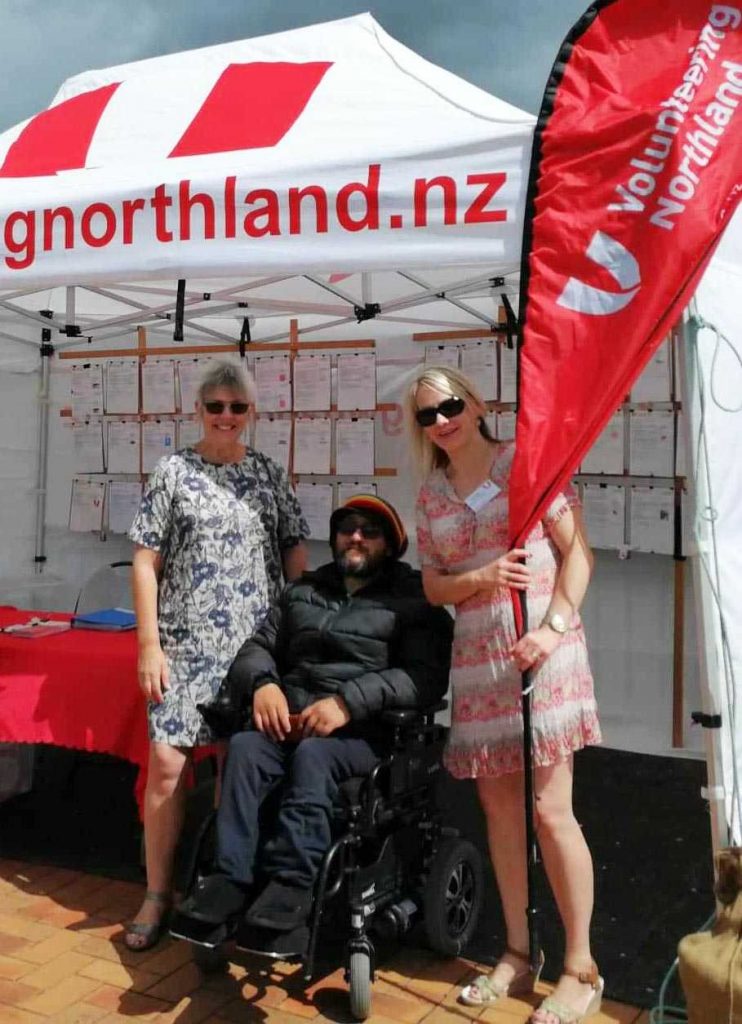Volunteering New Zealand will produce the next State of Volunteering report in October 2022. We are aiming for this to be the most comprehensive version of this research to date. The project comprises several phases to help us get a broader and more accurate picture of the volunteer sector. We want to make sure that the voice of different communities is heard.
Design consultation with stakeholders
We kicked off our SOV2022 project with a pre-design consultation process. We wanted to make sure that we heard from a range of stakeholders before we even finalised our SOV2022 project plan.
We identified and consulted with various stakeholders from government departments to volunteering involving organisations (VIOs) with hundreds of volunteers, volunteer managers, and refugee and migrant communities.
We collected project design input and feedback in a range of ways. We held focus groups and meetings as well as remote consultation and written correspondence with community members. We wanted people to respond in a way that best suited them. We also utilised a software tool called X-Leap, and ran online, facilitated, user kōrero.
Key feedback themes
The main themes emerging from our stakeholder feedback are:
- the importance of consulting with and capturing the voices of Māori, Pacific, and other ethnic minorities;
- the importance of capturing regional data;
- analysing volunteering welfare/well-being and the level of commitment required; and
- understanding different motivations for volunteering among different groups.
Addressing these themes will be baked into our SOV2022.
Next steps
- We will work with an external partner to better understand and incorporate the voices, perspectives, and lived experiences of Māori who enrich Aotearoa New Zealand through their volunteering and mahi aroha. We have submitted a funding application to support this component.
- We will conduct a mixed methods study on volunteering across New Zealand’s regions.
- We will also be working through focus groups to get Pasifika and Migrant voices woven through our research and report. Our aim is for focus groups to be run by those belonging to, and with lived experiences of, the particular groups in different communities such as Pasifika, migrants, Māori, and disability.
- Volunteering rates, needs, challenges, and experiences that differ across different geographical and regional contexts will be identified through separate surveys for VIO’s and volunteers.
- Over the past few years, we have seen a constant decrease in the number of volunteering hours people report giving. So, we want to capture the perspectives of the public – and especially those who do not volunteer – to identify why people do less volunteering, what they think, and what they want. To do so, in the next phase we will run a ‘mini census’ of the public regarding their views on volunteering. We are hoping the SOV findings provide valuable insight into the sector’s current status as well as the challenges and opportunities to prepare the sector for the future.
How can you get involved?
Our aspiration is for our State of Volunteering 2022 project to be collaborative, drawing on the strengths and experiences of the diverse community of volunteers. If you would like to be involved with our State of Volunteering research in anyway, please get in touch. Email: office@volunteeringnz.org.nz.





About The Author: Michelle Kitney
Chief Executive, Volunteering New Zealand
More posts by Michelle Kitney